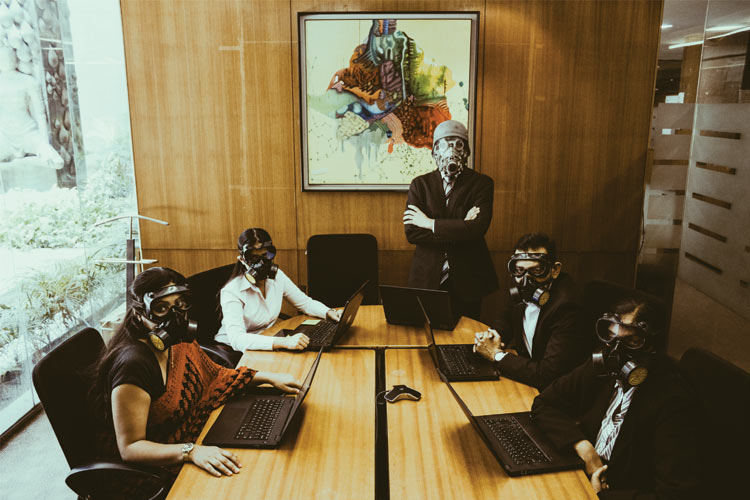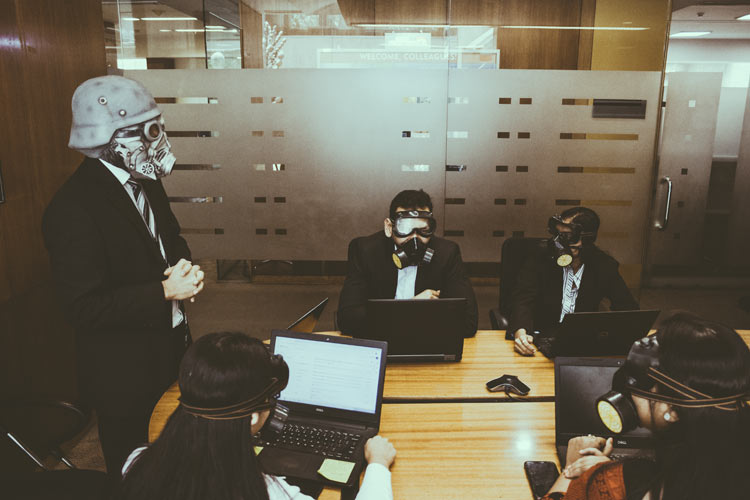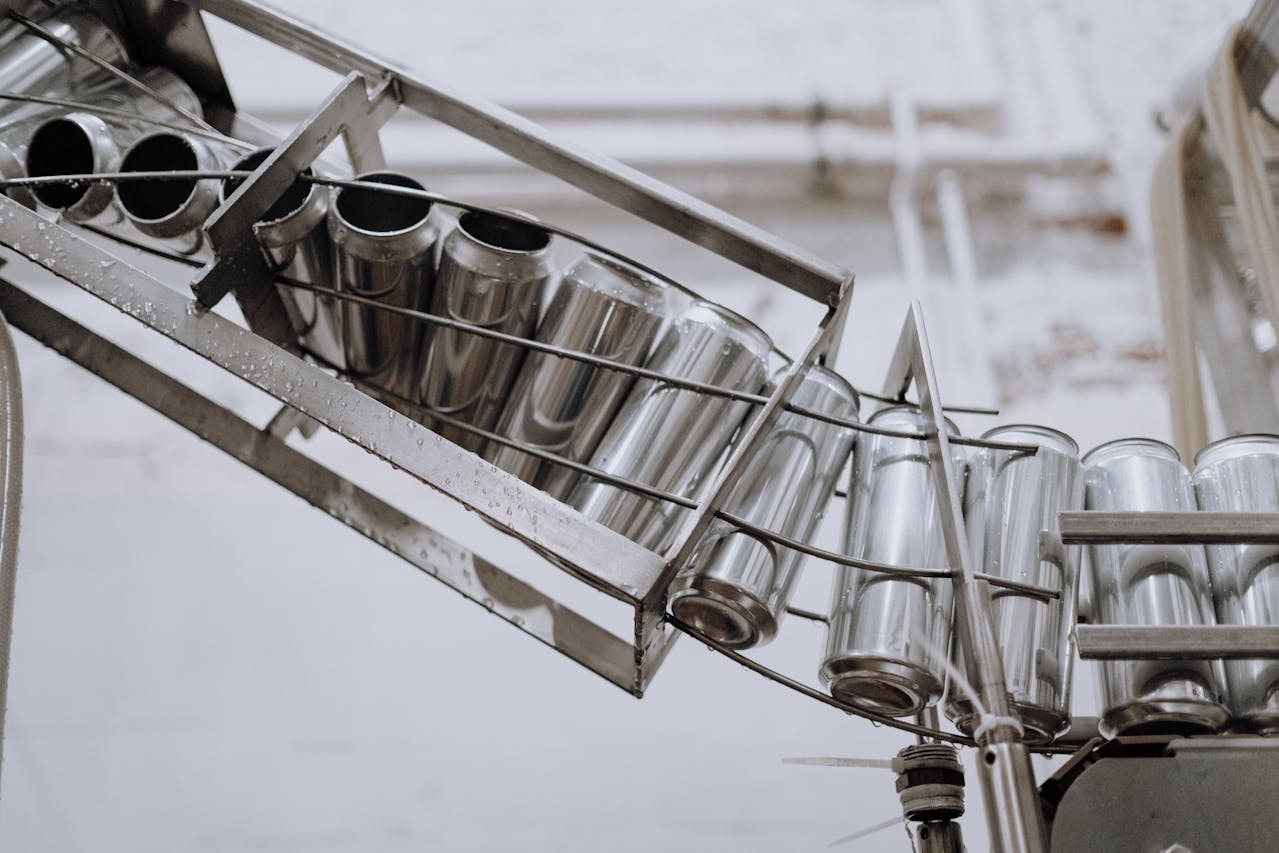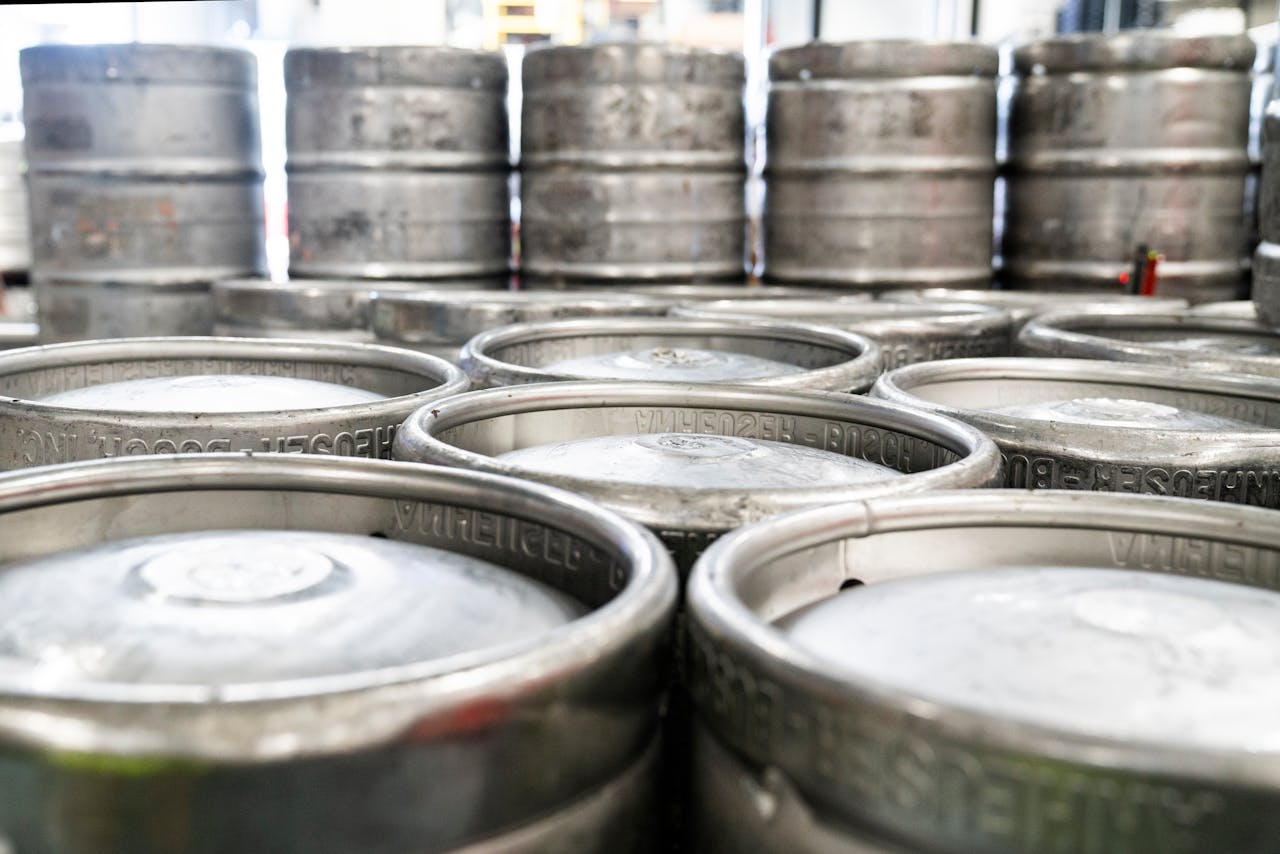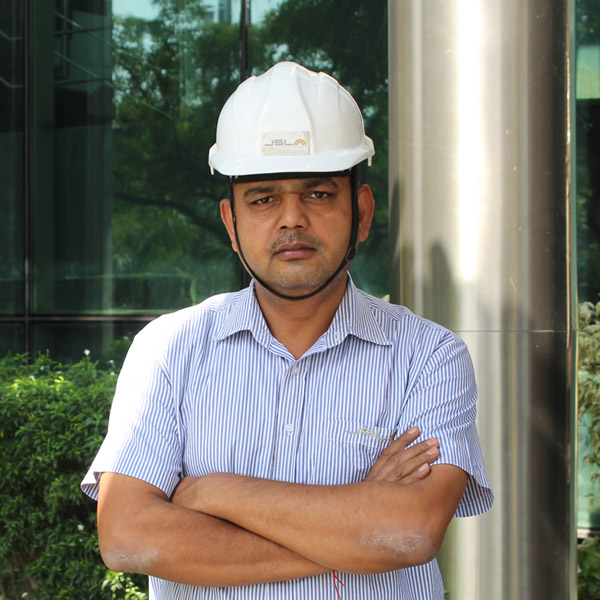Reality 2030
June 3, 2019
2030. New Delhi. It’s been more than two days now that the rays of the sun have not reached the land-locked state capital through the impermeable brown veil of smog and coal dust. More than half of the swarming metropolis is unemployed and struggling to make ends meet as basic resources such as food and water are more expensive than gold. ‘Overpopulation will lead to extinction…’ reads a hoarding stating the new government ban on having children. Due to the melt-down of Greenland’s ice caps, there has been a rampant release of methane in the tundra region leading to an influx of immigrants from the tundra region of Eurasia into India. The world as we know now is on the cusp of an environmental renaissance.
One look at the crystal ball and we know for sure that there is a jarring economic crisis due to the environment, followed by cultural catastrophes, social breakdowns and a general low life condition for everyone on the planet. It has been established that the “biosphere’s capacity to absorb carbon dioxide without altering temperatures has already been heavily compromised because of heavy reliance on fossil fuels for energy.”
Are we under a collective amnesia to the grave reality that every passing minute we are contributing to the death of our planet? All around the world, due to climate change, deserts are expanding. “The desert is creeping up to us and nobody is noticing,” says Sumant Nigam, professor, UMD, who found that the Sahara has expanded by 10 percent over the past century, largely due to climate change. He goes on to say, “…and eventually, it will swallow you.”
If we do not take action now, the consequences will be irreparable. The global future of air quality has been compromised. Data shows that SO2 emissions from power plants are the dominant contributors to pollution in states like Haryana and Maharashtra. The impact of both these states, along with crop burning practices from Punjab and west Uttar Pradesh, and excessive mining undertaken by sand mafias in Rajasthan will lead to Delhi becoming nothing short of a Gas Chamber. Since the National Capital Region is enclosed by these states, the dysfunctional reality we are heading towards is in fact a wake-up alarm and not a mere red-herring. Scientists say people who live their whole lives in Delhi can expect to shave a decade off their lives thanks to air pollution.
The smog society of Delhi, like any other society in Delhi, will be viewed from a capitalistic lens and split into two – the upper elite and nouveau riche who will be able to build silos and choose to shield themselves in glass domes, and the lower middle class who will be left to breathe in the gut-wrenching toxic air. The overtly misappropriate abuse of greenery around the world will lead to the plasticization of societies, and will give birth to a new class of people – those who are immune to the sufferings of others and of the Earth we inhabit.
“We can’t go on pretending day-by-day that someone, somewhere will soon make a change…”
The ‘Airpocalypse’ that awaits us makes us wonder – What will life be like in 2030? Will there even be a 2030? If yes, what will the future of our boardrooms look like? We took an attempt to visualize how the future will breathe. In a dystopian meeting room, with dwindling water supplies, and cash crop related conflicts, equality will be a Hegelian notion…far away from it being put to practice.
The business rooms of 2030 will be severely affected in terms of its economic inputs. A study found that a 4.5°C increase in global temperatures could cut the global domestic product by $72 trillion. The effects on individual and smaller companies around the world will be potentially worse, as unpredictable local weather changes will intensify leading to reducing the availability of raw materials and thus disrupting local supply chains. It is a well-known fact, that by 2030, there will be a 40% shortfall on global water supply too.
The 5 ways an organization can develop sustainable practices now, to prevent this from happening in the future is:
- Bring in disruptive and innovative ways to source raw materials and services
- Re-use, Re-cycle and Re-process existing materials
- Invest 30% more in regenerating the environment as compared to the amount the company takes to go against the environment whilst making the product
- Reduce waste within operations, including packaging waste
- Take part in climate resiliency global actions and participate in think tanks across the world.
- Every step counts, and this is how we can contribute to saving the future from turning into a sci-fi dystopia –
- Carpool – The best way to be eco-friendly and pocket-friendly.
- Plant a tree – Even one tree makes all the difference.
- Volunteer – Get together with organizations that work 24×7 towards resolving climate problems and engage with them on a personal level.
- Impose a personal ban on plastic – Use stainless steel straws instead of plastic straws, jute bags instead of plastic bags and cloth bags for grocery shopping.
- Edit and save your business documents on the computer rather than printing hard copies.
- Reduce your daily carbon footprint by unplugging your devices, buying energy star products, reducing water leakages, and embracing a minimal lifestyle in general.
At Jindal Stainless, we take pride in undertaking the following initiatives –
- No plastic bottles are used in any of the company office locations. All the plastic bottles have been replaced with stainless steel/glass bottles.
- Regular initiatives to upgrade and enhance the efficiency of operations in our plants, like reducing energy consumption by cooling water pumps, mills, and other units, and replacing conventional lights with energy-saving LED lights.
- The plant has ensured zero liquid discharge by recycling and reusing waste water.
- JSL has made substantial efforts in last five years towards 100 % fly ash utilization by supplying fly ash to bricks manufacturing unit, Asbestos manufacturing plant and Cement plants.
- Around 40% of the total plant area has been covered with greenery in JSL. As of 31st March, 2019 JSL has planted 334144 numbers of trees in Jajpur.
- JSL has installed organic waste converter to convert kitchen solid wastes into organic manure for horticulture use.
- JSHL was awarded the ‘Energy Efficient Unit’ award in 19th National Award for Excellence in Energy Management organized by Confederation of Indian Industry (CII).
- The conventional lights were changed with high efficient LED lights at SMS,HRM CRM in the Hisar plant.
- A mini bio-gas plant is installed at the cafeteria in the Hisar plant.
- There are several solar panels installed on the roofs tops and sheds.
- The old inefficient air conditioners were replaced with BEE star rated air conditioners.
